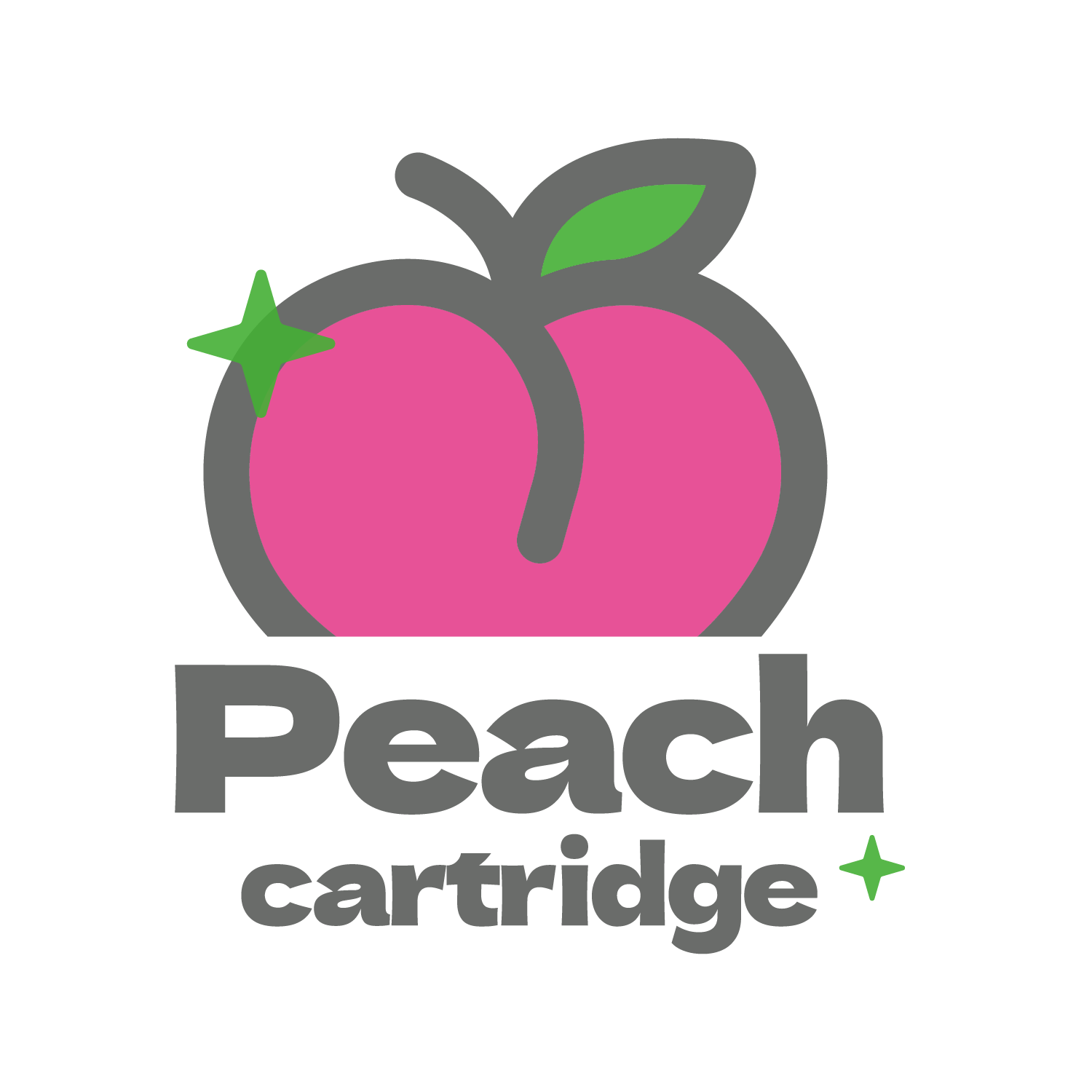Creating a custom tattoo machine requires expertise in tattooing mechanics and the artist’s needs. Reliability and durability are vital for effective sessions, especially for intricate designs. Choosing a custom machine shows an artist’s commitment to their craft and delivering top-notch work to clients.
A:Crafting Precision: The Intricacies of Custom Tattoo Machine Design
Creating a custom tattoo machine requires expertise in tattooing mechanics and the artist’s needs. Reliability and durability are vital for effective sessions, especially for intricate designs. Choosing a custom machine shows an artist’s commitment to their craft and delivering top-notch work to clients.

II: Key Takeaways
- Custom tattoo machine offer enhanced precision and comfort tailored to an artist’s unique style.
- Quality craftsmanship in machine construction ensures reliability and effectiveness for detailed work.
- Choosing a custom machine reflects an artist’s dedication to excellence in their tattooing practice.
III: Understanding Custom Tattoo Machines
Custom tattoo machine have experienced significant advancements, as well as diversification of types and components. They not only offer an avenue for artistic expression but also equip artists with the tools needed for precision and efficiency.
A:History and Evolution
The history of tattoo machines dates back to the late 19th century; however, custom tattoo machines have become prominent over the past few decades. They arose from the need for more personalized tools that cater to the unique style of each tattoo artist and the varied requirements of modern tattoo designs.
B:Components and Mechanism
Custom tattoo machine are typically composed of a:
- Frame: The structure that holds all other components.
- Motor: For rotary machines or coils for coil machines.
- Needle bar: Which attaches to the needles.
- Armature bar: Found in coil machines, responsible for driving the needles.
- Power supply: Regulating the machine’s speed and power.
Depending on the artist’s preference, these elements are adjusted or built to specific requirements to enhance control, comfort, and precision.
C:Types of Custom Tattoo Machines
Custom tattoo machines come in several distinct types, each offering something different for the artist they suit:
- Coil Tattoo Machines: Known for their buzzing sound and versatility.
- Rotary Tattoo Machines: Notable for their quiet operation and smooth lines.
- Pneumatic Tattoo Machines: Less common, rely on air pressure for power.
Each type can be further tailored in terms of weight, balance, and ergonomics to suit individual needs and artistic styles. Artists often choose their machines based on the kind of work they do most, whether it be intricate line work, shading, or filling.
IV: Creating Your Custom Tattoo Machine
Creating a custom tattoo machine is an intricate process that involves careful design, material selection, and assembly. Craftsmanship is paramount, as each component affects the machine’s performance and durability.
A:Design Considerations
When designing a custom tattoo machine, it’s critical to determine its specific use, whether for lining, shading, or both. The machine’s weight, balance, and ergonomics will impact the artist’s ability to manipulate it for extended periods, which is why Defiance Manufacturing emphasizes the importance of building a machine that is both dependable and meticulously crafted.
B:Material Selection
Selecting the right materials is essential for both the machine’s aesthetics and functionality. Common materials include brass, iron, and aluminum, each offering different qualities in terms of weight, durability, and conductivity. For instance, the unique alloys used by Alchemy Alloys Tattoo contribute to the lightness and smooth consistency of their custom machines.
C:Assembly Process
The assembly of a tattoo machine is a detailed process that often involves hand-fitting parts and precise tuning. Each component, from coils to the armature bar, must be assembled with precision to ensure a reliable performance as seen in the craftsmanship of KeithB Machineworks.
D:Custom Tattoo Machine Builders
A select few artisans in the industry, like those showcased at Saltwatertattoo Supply and Infinite Irons, offer custom-built tattoo machines. They invest significant time and care into each creation, often producing machines that are as unique as the artwork they help create.
Frequently Asked Questions
The price of a tattoo machine varies widely, depending on its type, quality, and customization. They can range from approximately $200 for a basic model to over $1000 for a high-end custom machine.
There are several reputable manufacturers reputed for quality and reliability, such as Neuma and Bishop. Artists should select a maker who aligns with their specific needs and quality expectations.
Tattoo artists typically use coil, rotary, or pen-style machines. Each type has different mechanics and suitability for various tattoo styles. Some artists also use pneumatic machines, although they are less common
Building a tattoo machine requires specific components like coils, an armature bar, a frame, springs, contact screws, and a power supply. Knowledge of tattoo machine mechanics and safe assembly practices are crucial.
Top custom tattoo machines often feature lightweight, ergonomic designs for artist comfort, adjustable stroke for versatility, and are made from high-quality materials for durability and precision.
Custom tattoo machines can be purchased from specialized vendors or directly from the manufacturers. Artists can also attend tattoo conventions and trade shows, where custom machines are often showcased.



